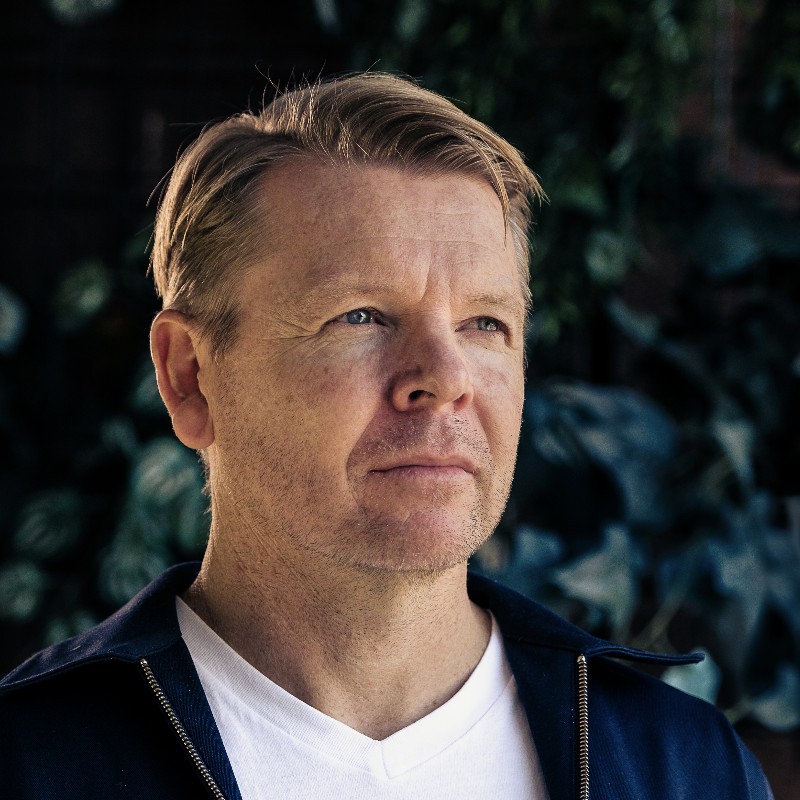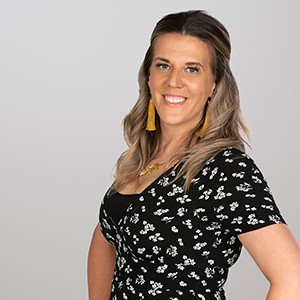These are confusing times for brands, and the people charged with growing them. On the one hand, we need to ensure the ROI of everything, while on the other we must pursue constant innovation. We need to be open to new technologies, platforms, and networks, but we can’t spread our investments too thinly. We’ve got to stay on brand and on message, but we also need to go viral.
These competing ambitions make it very difficult for marketers and agencies to make intelligent choices for their brands – but it is largely our own fault. As an industry, marketing is particularly susceptible to ‘the shiny new object’ syndrome and, after attending SXSW interactive in Austin, Texas, I’m predicting that we’re about to start chasing after two diametrically-opposed aims yet again.
Plug in to everything.
Many of the presenters and panelists gave compelling testimonial that technology might not quite be everywhere, but it soon will be. More to the point, they believe it should be. Once we work out how to make wearable computing look more like clothes and less like, well, wearable computing, it appears inevitable that we’ll all be individually wired up, all the time. The ‘quantifiable self’ movement was also highly visible, arguing that the responsibility for monitoring health will soon shift to the individual – and the battery of sensors and transmitters embedded in our bodies.
Our homes, shops, offices, cars, and skies will be literally buzzing with input/output devices, WiFi'd to the max, and constantly shipping information to the grid. For marketers, this new tide of data will start to drive the automation of more decisions and more executions – we’re practically already there with automated media buying exchanges and personalised recommendation engines.
Easily half of the conference seemed to be welcoming our new Big Data overlords and the relentless efficiency it will bring to our lives, ready or not.
But stay, y’know, kinda human.
The other half, however, were preoccupied with that most human of endeavours – storytelling. There were panels and presentations and seminars and workshops on Product Storytelling, Innovative Storytelling, Content Storytelling, Transmedia Storytelling and on and on it went. The unified message from this side of the house seemed to be: use your marketing to tell human stories to human customers in a human voice, you’ll be able to make your brand appear more, well, human.
I’m being flippant here but some of the storytelling advice was pretty solid: stick to a linear format, don’t be afraid of offering complexity to your audience, and don’t try and chase out all the imperfections, visual or otherwise. Implicit in all this advice was the belief that storytelling is an inherently good way to go about marketing.
Am I the only one who sees a problem here?
Maybe it’s just a re-imagining of the old above-the-line vs below-the-line marketing split for a fully digitised age, but I believe there’s a real schism developing here. The choice appears to be between a marketing philosophy based on ensuring the absolute accuracy of everything (marketing by algorithm, if you will), and one based on overtly accentuating the human element of communication (artisanal marketing, to borrow an adjective from the hipsters).
Perhaps the answer is ‘yes’.
Yes to being both data-informed and also to being story-driven, which is to say human. Just as we have seen the rise of ‘Data Artists’ in the visual arts world, ‘Data Visualisers’ in the statistics world and, more recently ‘Data Journalists’ in the publishing world, perhaps marketing is about to make room for ‘Data Storytellers’.
This industry needs another made-up job title like a brainstorm needs a ninja evangelist – or like we need brainstorms, for that matter. Real creativity, however, often comes from combining two previously unrelated ideas to develop a new approach and I see real potential in combining these two ascendant disciplines. A mashup of data analysis and storytelling could result in a new type of communication approach, one that is both accurate and human – and creative in a way we’ve not seen before.
About the author
BARRIE SEPPINGS
Barrie Seppings is a consultant and freelance Digital Creative Director. He runs workshops, training and facilitations to help agencies and brands discover what it is they want to say, as well as who it is that might want to listen.
This article was originally published on the Firebrand Ideas Ignition blog
Latest.

Hiring in Australia: 5 trends redefining our job market
Hiring Insights, Industry Trends, Ask Aquent, Leadership

How to avoid creative burnout and refill your creative tank (before you really need to)
Thought Leadership

AI adoption failing isn’t the tech, it’s the people. How smart businesses overcome this.
Technology, Thought Leadership, Industry Trends



